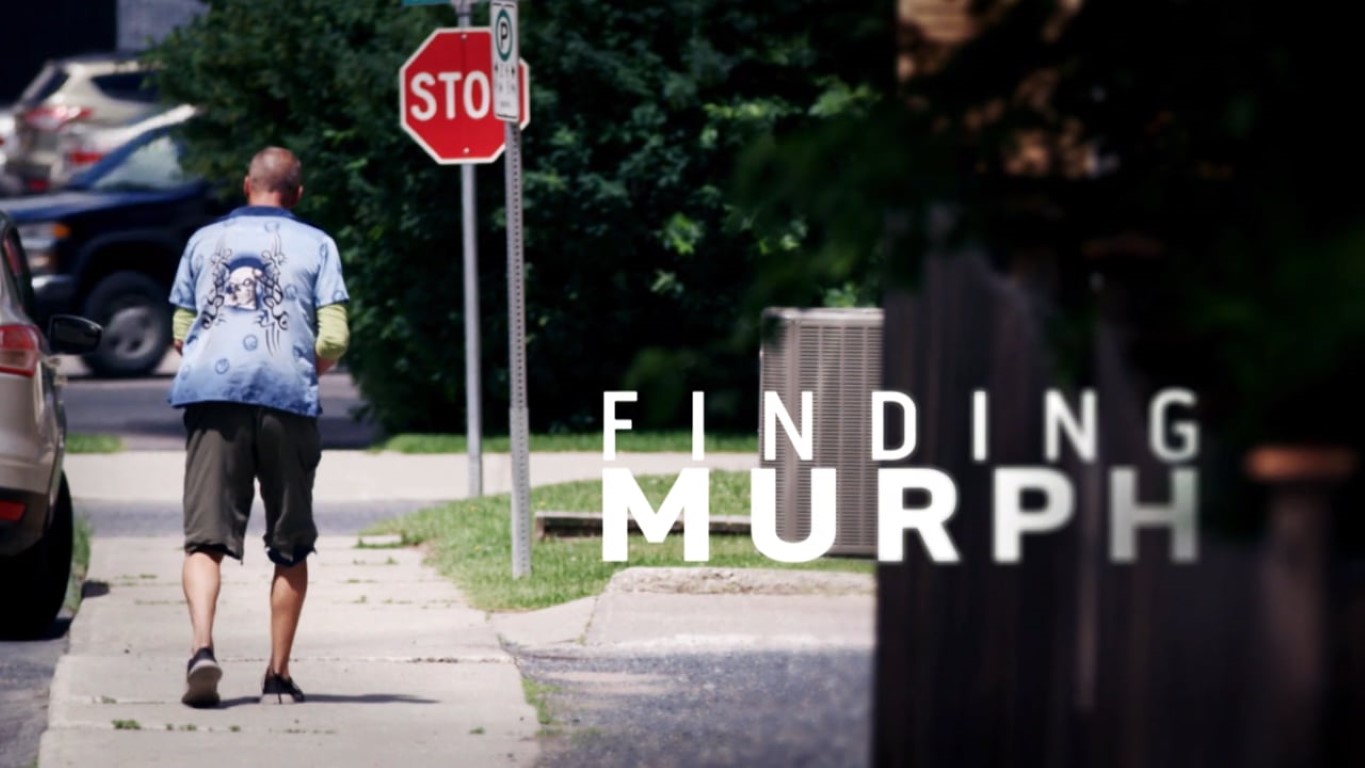
Land claims, Indigenous rights at forefront of Kinder Morgan controversy
By Greg Waldock, Staff Writer
Indigenous leaders were among the loudest and most prominent of the thousands of people to attend an anti-pipeline rally in Burnaby on March 10 and 11.
Over five thousand people appeared to protest the controversial Trans Mountain project, which is supported by Kinder Morgan, the federal government, and the Alberta provincial government. The project, along other with other proposed pipelines in the province, has been the source of a wide array of interrelated debates and discussions in British Columbia for a number of years now. The laying of pipelines has raised issues as diverse as environmentalism, Indigenous land rights, and provincial sovereignty.
Members of the Musqueam, Squamish, and Tsleil-Waututh First Nations organized the protest, helping to arrange the time and location and performing songs and dances during the event, emphasizing the important role Indigenous activists and governments have played in the ongoing pipeline debates.
They are among six First Nations to file a court challenge against the Trans Mountain pipeline, alongside the City of Vancouver and the City of Burnaby. The potential negative environmental impact of the project is at the forefront of many anti-pipeline arguments, as well as Indigenous land claims along the proposed pipe route and the ongoing legal dilemma between Alberta and British Columbia for the responsibility of clean up in case of a spill. These issues, and others, were raised once again at the protest.
A follow-up pro-pipeline protest was held immediately after, drawing around two hundred activists in defense of the ambitious Kinder Morgan project. Running under slogans such as “Enough politics, just build the pipeline,” counter-protesters included former gas and oil employees and residents of towns that could be financially harmed by the collapse or delay of the project. Frequently-cited arguments were the financial profitability of the pipeline, Kinder Morgan’s history of environmentalist funding, and the large amount of safety regulations that keep existing pipes secure.
Though legally challenged by cities and First Nations around British Columbia, the federal government has approved the progression of the Trans Mountain project. A BC supreme court judge granted Kinder Morgan an interim injunction March 9 forbidding protesters from coming near their facilities for a number of days. Though the injunction initially only lasted until March 14, this shows that some BC officials are willing to let the Trans Mountain project continue.
The $7.4-billion project is expected to continue after legal disputes are settled.

